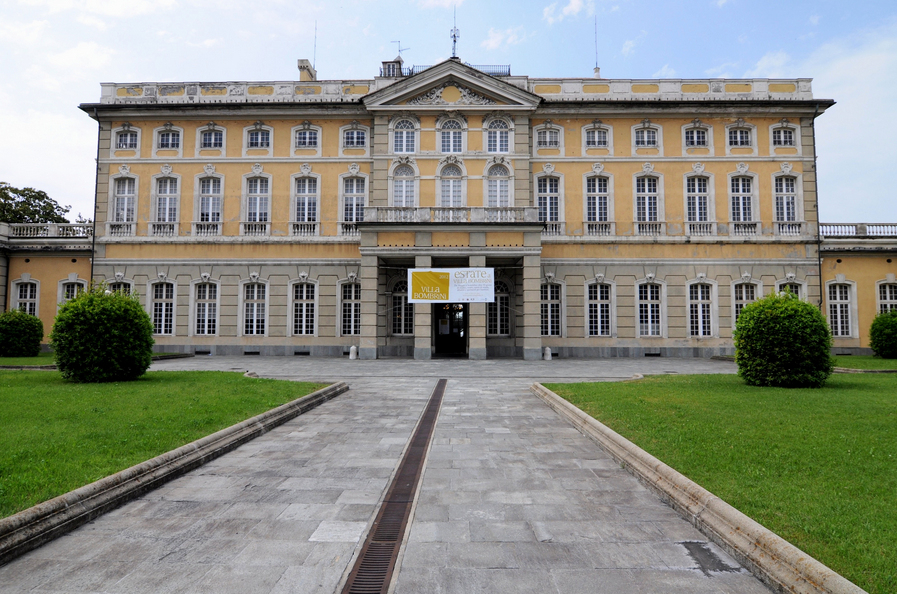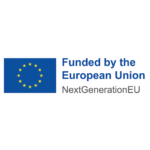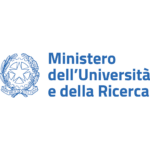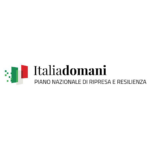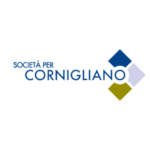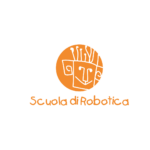Robot Valley Genova is the event that connects robotics and Artificial Intelligence with art and territory to represent the human being at the core of scientific progress. A future vision of the cities, in which science and technology will be crucial and more and more connected to people, culture and environment.
Robot Valley Genoa
Robotics, art and people
Genoa
10-12th April 2025
Save The Date
The event
Partner
Info
Where we are
Villa Durazzo Bombrini
Via Muratori 5, Genova (Cornigliano Area)
Parking
Villa Durazzo Bombrini has a large free parking area (approximately 300 spaces)
Contacts
To participate in the talks, registration is required. You can also register on-site at the event; we recommend arriving 30 minutes before the start of the conferences.
All activities are free of charge.
How to get there
By car
From the A7 Highway: take the Genova-Aeroporto exit towards Genova, follow Via Cornigliano until Via Muratori. Villa Bombrini will be on the right.
From Genova Center: from Piazza Dinegro, drive through the tunnel towards Lungomare Canepa until you reach Centro Commerciale della Fiumara. Turn onto Via Pieragostini and cross Ponte Pieragostini. Just before the end of the bridge, turn right and enter the underpass on the left. Finally, turn right onto Via Muratori where you will find Villa Bombrini.
From Cristoforo Colombo Airport: 5 minutes by car or taxi. Enter Via Cornigliano following the same route as those arriving from the A7.
By bus
The nearest stop is at Piazza Massena, 5 minutes away from the Villa. Lines: 1, 2, 3
